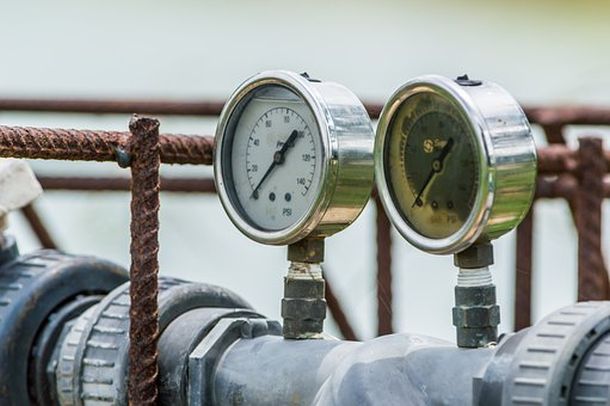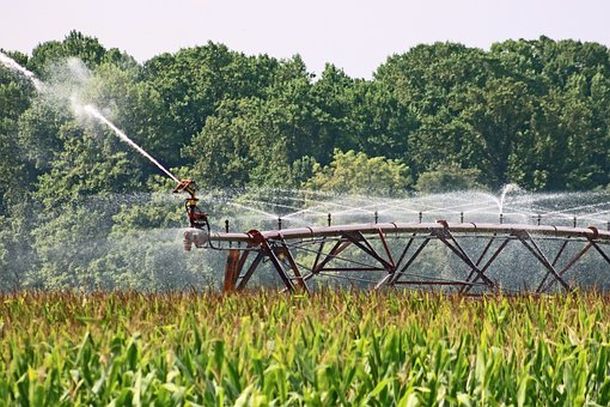How to Choose a Pump for Your Farming Business
Farming is a demanding business and requires efficient equipment to ensure the success of your operations. A reliable pump is one of the most important pieces of equipment you will need. Pumps are essential for irrigating crops, draining waterlogged areas, and supplying water to livestock. With so many different types available on the market, choosing the right pump for your farming needs can be overwhelming. This article will guide you through selecting a suitable pump for your farm business.

1. Consider Your Needs
When choosing a pump for your farming business, it is essential to consider your needs. Depending on the size and scope of your operations, different types of pumps may be necessary to meet the demands of your particular farm. For instance, if you need to irrigate large fields or transport water long distances, a high-capacity pump would be more suitable than a lower capacity.
It is also essential to consider any special features your specific situation might require. Suppose you are dealing with slurry transfer, dredging, dewatering, and other harsh applications. In that case, you’ll need self-priming pumps with additional features such as double casing, integrated agitators, and stainless steel impellers. You can click here to learn more about the different types of self-priming pumps available on the market. These pumps are designed to handle tough applications, so it’s important to consider what you need from your pump and select a model that meets your requirements.
2. Crops Intensity of Water Intake
When choosing a pump for your farming business, it is vital to consider the crop’s intensity of water intake. This refers to how much water the plants need to grow and thrive in the environment. Different types of crops require different amounts of water, so you must choose a pump that can provide enough pressure and flow rate for your specific crop type.

The amount of water needed by each plant varies depending on its size, growth stage, climate conditions, soil quality, and other factors. You must research the requirements for each crop before deciding which pump would be best suited for your farm’s needs.
3. Consider the Water Source
The water source you use to feed your pump is just as important as the pump itself. You must select a pump that can handle the type of liquid supplied, whether it be river water, seawater, or contaminated water. The pressure and flow rate may also need to be adjusted depending on the conditions of the water source. So be sure to consider this when making your choice.
Additionally, if you are using a municipal water supply, the type of pump will also depend on the pressure and flow rate available from the supplier. It is essential to check with them what type of pump they recommend to get the most out of your system.
4. Maintenance Considerations
Regular maintenance and servicing for your pump are essential to keeping it running correctly. Different types of pumps require different care, so be sure to read up on the specific requirements for each type before you commit to a purchase.
Self-priming pumps have simpler maintenance needs as they don’t need to be primed manually before being put into service. However, other types of pumps may require more frequent maintenance, such as regular lubrication or changing the seals and gaskets regularly. Be sure to factor in the costs associated with these services when budgeting for your pump purchase.
5. Know the Pressure Rate and Flow Requirements
Knowing your system’s pressure rate and flow requirements is essential to selecting the right pump. If the pressure is too low, then there won’t be enough force behind the liquid to move it through the system, while if it is too high, it can cause damage to pipes and other equipment. As such, you need to ensure that the pump you choose can meet your specific requirements.
The flow rate required will also depend on the area size that needs to be irrigated and the amount of water required by each plant. For example, if you’re dealing with a large field, you’ll need more powerful pumps to deliver a higher volume of water than those needed for smaller areas.
6. Find the Right Size and Type
The size and type of pump you choose will depend mainly on the pressure rate, flow rate, and water source that you are dealing with. It is important to remember that a pump must handle both the pressure and flow requirements to work efficiently.
Some pumps can also be used in different areas, for example, for larger fields or to irrigate multiple crops. If this is the case, it is vital to consider how easily the pump can be transported between areas and whether or not it will require any additional accessories to be used in more than one place.
7. System Integration
Integrating a pump into your farming system is essential to ensuring that the process runs smoothly and efficiently. It is important to consider all aspects of your system, from the water source you are using to feed it to the pressure rate and flow requirements needed for each crop.
To ensure your pump works correctly with your system, it’s essential to ensure that all components integrate properly. This includes ensuring that any valves or regulators used are compatible with the pump and other equipment in the system. Additionally, if you are using multiple pumps, they need to work in harmony with each other without causing any disruption or damage.
8. Consider the Total Cost
It is essential to consider your pump’s total cost when making a purchase. This includes the initial cost of the pump, any additional accessories you may need, and any ongoing maintenance costs associated with it. Remember, a cheaper option might be appealing in the short term, but if it costs more in the long run, it’s not worth it.
In addition, make sure you factor in any additional taxes or shipping fees applicable when making your purchase. These can add up quickly and greatly impact your overall budget.
Following these steps, you can choose the right pump for your farming business. Be sure to research all the options carefully, and consider the various factors discussed here to get the most out of your system. With the right pump, you can ensure that your crops are adequately irrigated and produce the best possible yields.
